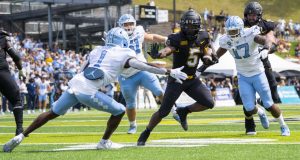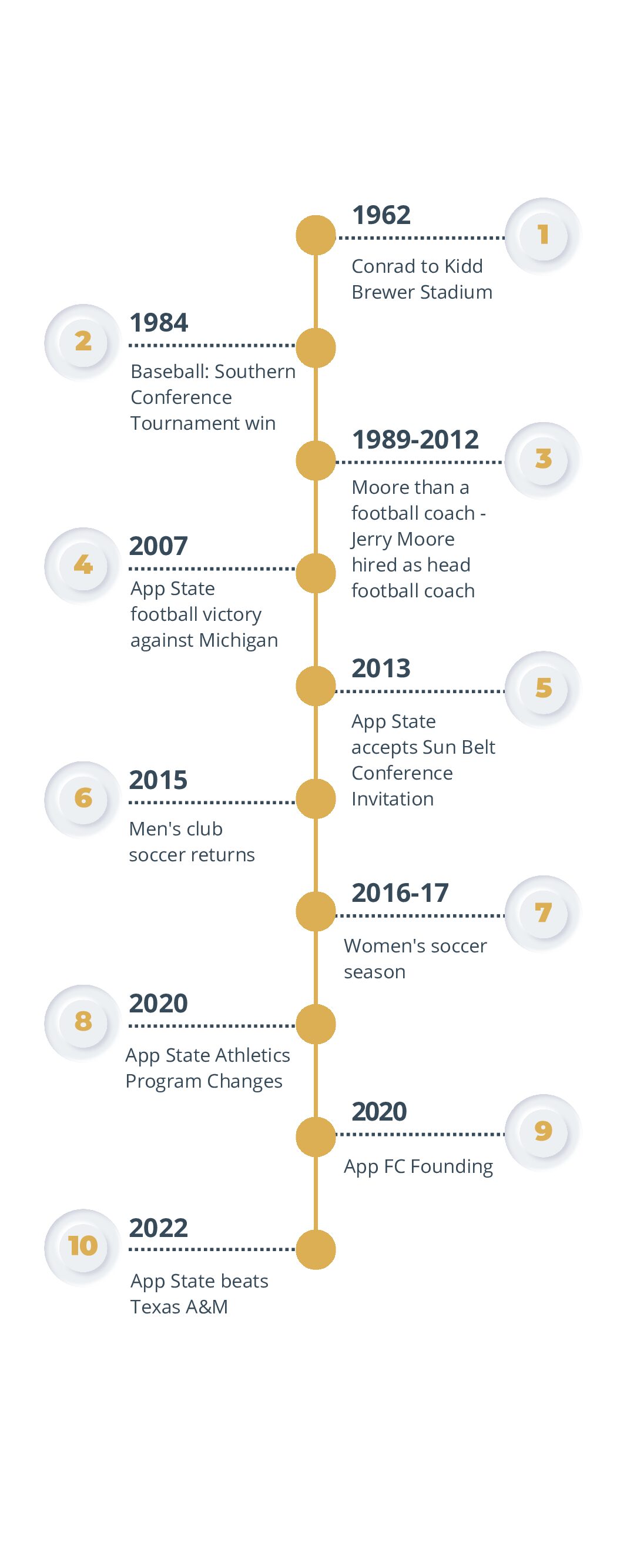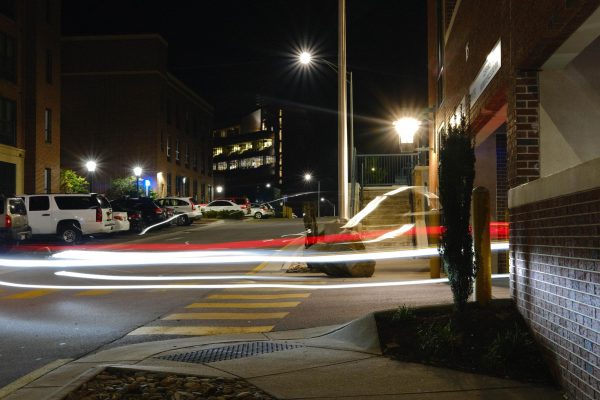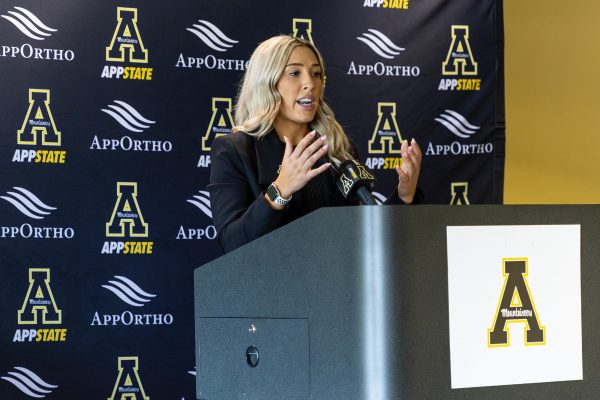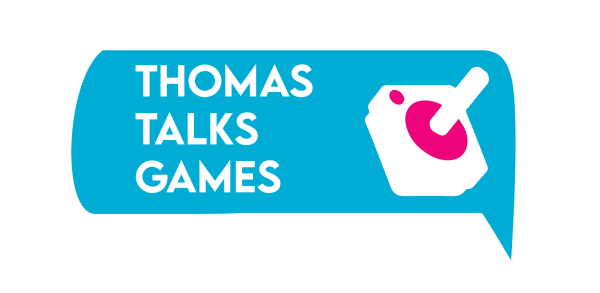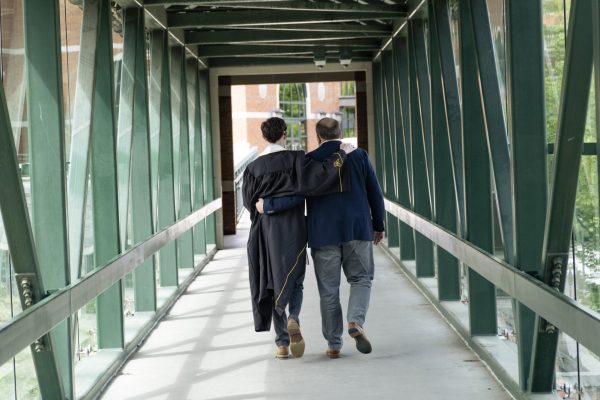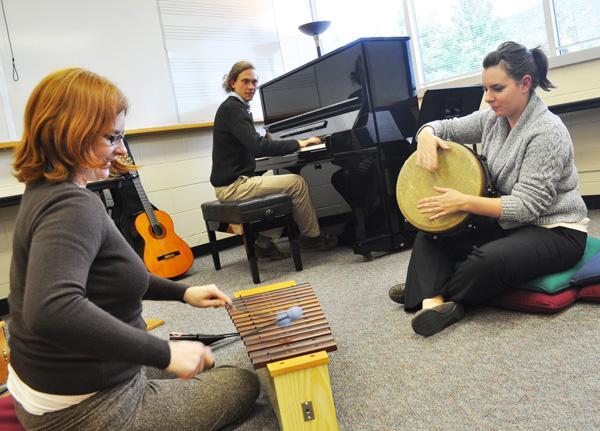 The university’s music therapy group seeks to help students express and understand their feelings through music.
The university’s music therapy group seeks to help students express and understand their feelings through music.
“There had been talk for a few years about trying to get a group together for Appalachian students,” said Tim Honig, a music therapy graduate student. “ It’s kind of a unique opportunity for students in music therapy to be able to lead groups like that. And it kind of came together this term. It’s been a little bit of a struggle recruiting people for it, so it took a few weeks to take shape, but we have a full group now.”
The group uses music as both a means of sharing and as a therapeutic device.
Honig and his partner, Jacquelyn Blankinship, lead the group as a part of obtaining their degrees.
“All music therapy majors co-lead five music therapy practicum groups during our time in the major,” said Blankinship, who is a second year music therapy major. “This group is one of my practicum assignments, and is a brand new group this year. As part of my involvement with the group, my partner, Tim Honig, and I plan weekly sessions using music therapy techniques, such as improvisation, drumming, lyric analysis, songwriting, imagery to music, etc, and implement these sessions each Tuesday.”
Honig and Blankinship’s roles as leaders in the group is to facilitate the music therapy process.
“In that group, we’re focusing pretty heavily on group music making, group improvisation,” Honig said. “It’s a really powerful way of addressing a lot of different issues that kind of spontaneously arrive in the music, and that’s one of the central tenets of music therapy; that music act in a lot of different ways simultaneously. And when you’re creating music by yourself and with other people, supported in an intentional way by the music therapist, it facilitates a lot of development and changes that are often very therapeutic.”
Honig hasn’t been the only one to notice change occurring.
“It might be premature, but I think it is very effective,” said Pankaj Desai, an industrial organization human resource management graduate student. “Already, I feel that each one of the group members shares that feeling of belonging. This is a gathering where people have come together to feel better and to be better.”
Desai said he would recommend this class to other people.
“For people who seek a certain relaxation or solace, or if they simply want to leave behind certain things from their past, this is very good,” he said. “There’s always room for celebration, as they say. If you feel good, feel better.”Those who feel they missed the boat on this opportunity may have one last chance to give the group a shot.”
“We could still accept people into the group as late as Tuesday,” says Tim Honig.
The music therapy group meets Tuesdays at 3:30 p.m. in the Broyhill Music Center.
Story: R. SCOTT MORRIS, Senior A&E Reporter




